Quantum Computing in iGaming: Preparing for the Next Generation of Random Number Generation

The future of online casino gaming is being written in quantum code. As quantum computing moves from theoretical possibility to practical reality, the iGaming industry stands at the threshold of a security revolution that will fundamentally transform how we ensure fairness, protect player data, and maintain the integrity of digital entertainment platforms.
While quantum computers promise unprecedented computational power, they simultaneously threaten the cryptographic foundations that currently secure online gaming platforms. But this challenge presents an extraordinary opportunity: the chance to build quantum-ready infrastructure that both defends against future threats and uses quantum technologies to deliver truly random, tamper-proof gaming experiences.
The Quantum Revolution Arrives
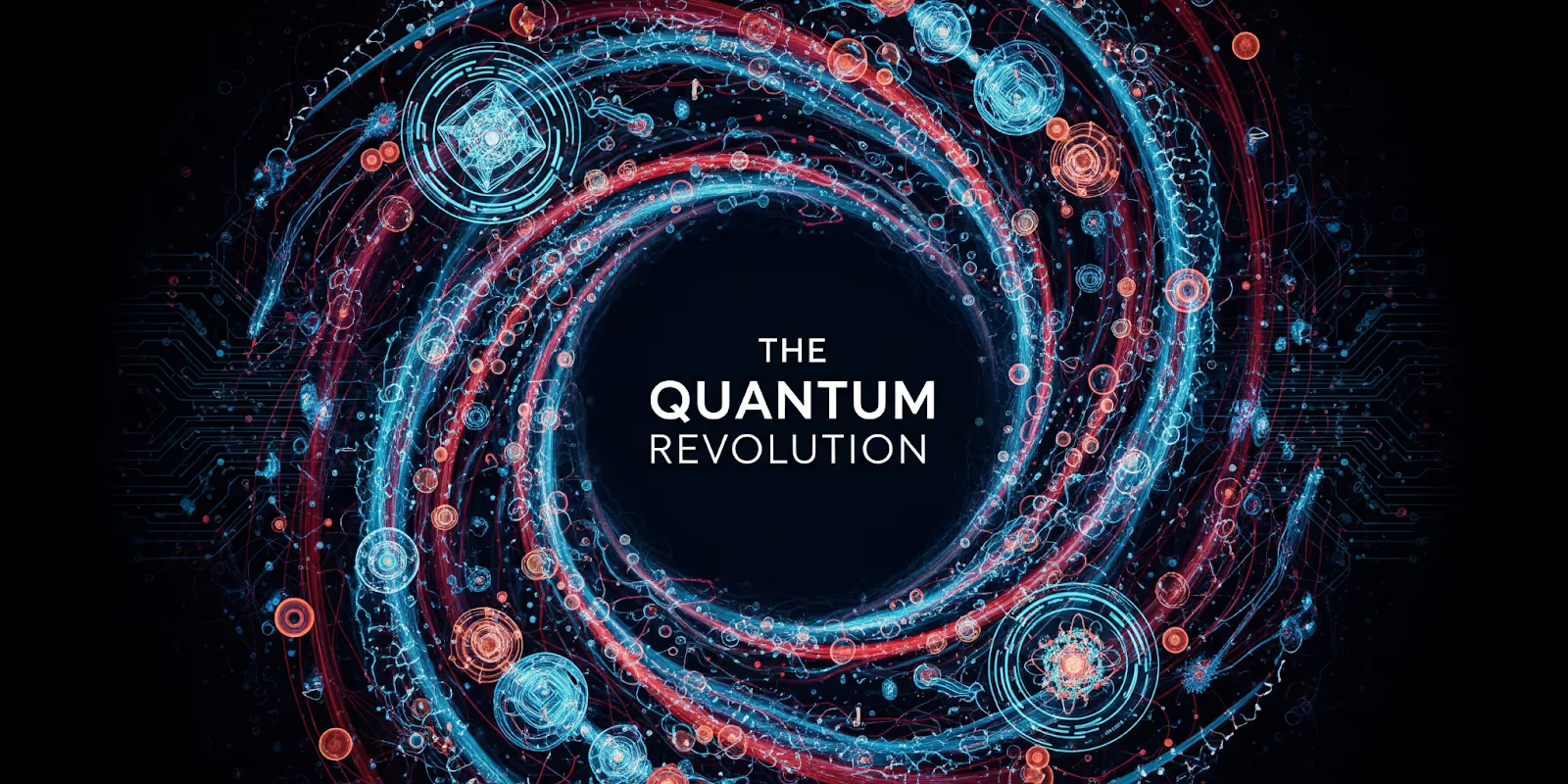
Quantum computing has reached a pivotal moment. Google's recent Willow chip breakthrough, which solved complex mathematical problems in just 200 seconds that would take traditional supercomputers 10,000 years, demonstrates that quantum advantage is no longer a distant concept. IBM, Microsoft, and other major technology companies are investing billions in quantum research, with IBM's quantum roadmap targeting 200-logical-qubit systems by 2028.
The implications for iGaming are profound. Traditional pseudo-random number generators (PRNGs) that power slot machines, table games, and lottery systems rely on deterministic algorithms that quantum computers could potentially exploit. A group of Russian hackers demonstrated this vulnerability between 2014 and 2017, when they successfully predicted slot machine outcomes by analyzing patterns in older RNG systems. Imagine the scale of that threat multiplied by quantum computing power.
The quantum threat isn't theoretical anymore. Security experts warn of "harvest now, decrypt later" attacks, where bad actors collect encrypted gaming data today with the expectation that future quantum computers will crack the encryption. This means sensitive player information, financial transactions, and proprietary gaming algorithms could be vulnerable to retroactive decryption.
True Randomness Through Quantum Mechanics
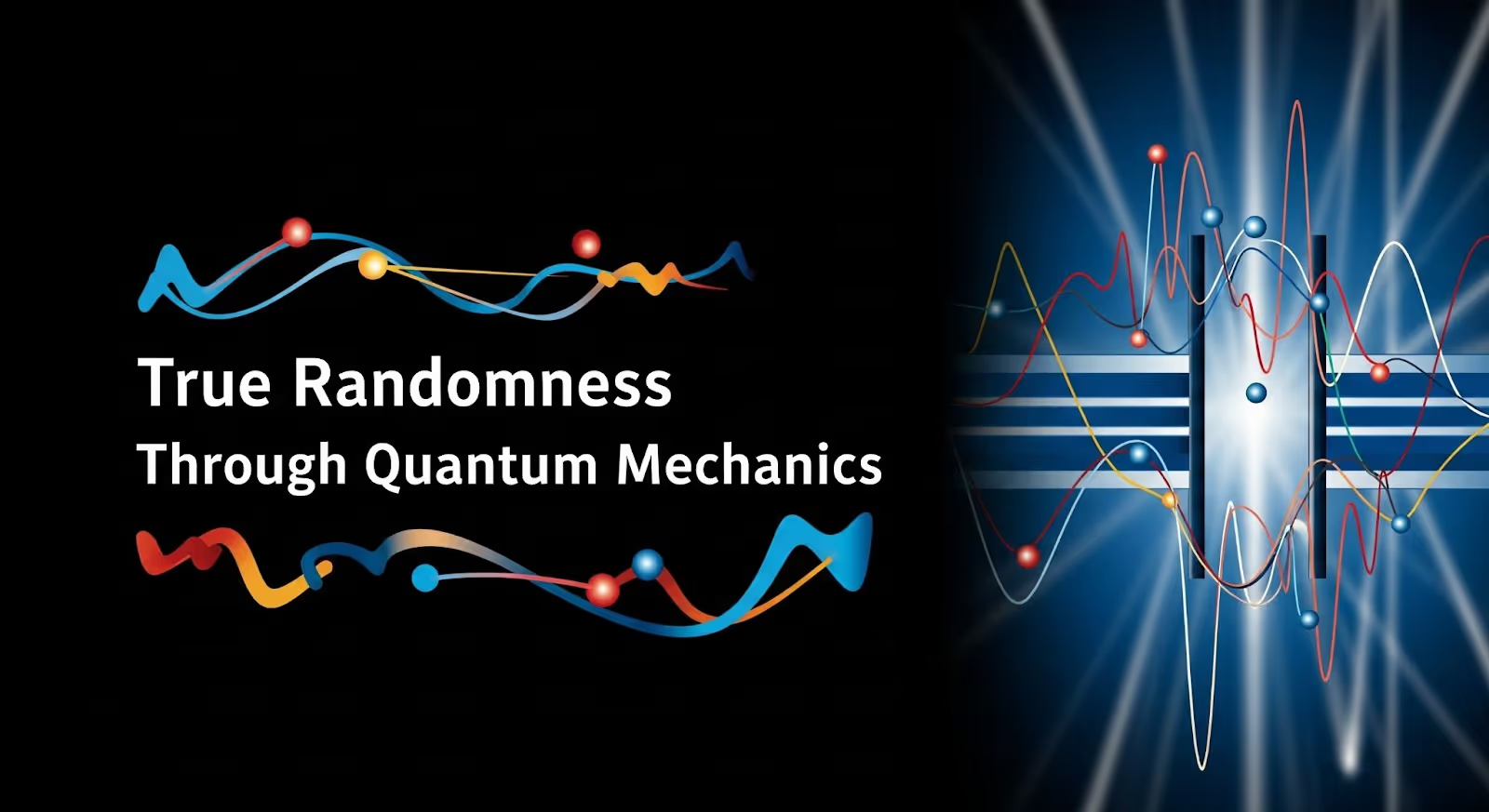
The gaming industry's response to this challenge is elegantly paradoxical: fighting quantum fire with quantum fire. Quantum Random Number Generators (QRNGs) use the inherent unpredictability of quantum mechanics to generate truly random numbers. Unlike classical RNGs that produce pseudo-random sequences based on mathematical algorithms, QRNGs tap into quantum phenomena that are fundamentally random at the physical level.
Companies like ID Quantique have developed quantum hardware that generates randomness by measuring quantum processes such as photon behavior and quantum vacuum noise. Their Quantis QRNG systems can produce high-quality random numbers at speeds exceeding 42 Gbps while maintaining cryptographic-grade security. This technology has already found applications in Samsung smartphones and various security-critical systems.
{{cta-banner}}
For iGaming operators, QRNGs offer unprecedented advantages. Every spin of a virtual slot machine, every card dealt in digital blackjack, and every lottery draw can be powered by genuine quantum randomness that is impossible to predict or manipulate. This level of fairness creates a new standard for player trust and regulatory compliance.
Practical Implementation: From Lab to Casino Floor

The transition to quantum-ready gaming infrastructure is happening now. Commercial QRNG devices are available today, ranging from network appliances that serve entire data centers to compact chips that can be embedded directly into gaming servers. These systems integrate easily with existing gaming platforms through standard APIs, requiring minimal changes to current operations.
Real-world deployment scenarios are emerging across the industry. Modern QRNGs can serve multiple gaming applications simultaneously, functioning as the central source of randomness for distributed gaming networks. This centralized approach offers operational advantages including easier maintenance, better protection against physical tampering, and higher return on investment compared to dedicated RNG systems for each gaming application.
The technology also addresses regulatory requirements more effectively than traditional systems. Gaming authorities increasingly demand transparent, auditable randomness sources. QRNGs provide continuous monitoring capabilities and statistical validation that meet the highest regulatory standards. The quantum nature of the randomness generation is mathematically provable, offering unprecedented transparency in fairness verification.
Building Quantum-Ready Infrastructure

Forward-thinking iGaming operators are already laying the groundwork for quantum-ready systems. The key is implementing crypto-agile architectures that can adapt to new security standards without requiring complete system overhauls. This approach combines current encryption methods with quantum-resistant algorithms, ensuring continuous protection during the transition period.
Microsoft and other technology leaders are providing early access to post-quantum cryptography capabilities through their development platforms. Windows Insider builds now include ML-KEM and ML-DSA algorithms, allowing developers to experiment with quantum-safe encryption in their gaming applications. Similarly, major cloud providers are integrating quantum-resistant security measures into their infrastructure services.
The infrastructure requirements extend beyond random number generation to encompass all aspects of gaming platform security. Player authentication, financial transactions, game logic protection, and data storage all need quantum-ready solutions. Companies that begin this transition now will have significant advantages over competitors who delay implementation.
Performance Meets Security

One of the most compelling aspects of quantum-ready gaming infrastructure is that security improvements don't come at the expense of performance. Modern QRNGs can generate random numbers faster than traditional PRNGs while providing superior entropy. Quantum-safe encryption algorithms, while initially showing some performance overhead, are being optimized to minimize impact on gaming experiences.
Cisco's quantum hardware demonstrates how advanced photonic detection can capture quantum randomness at lightning-fast speeds exceeding 42 Gbps. This performance level easily supports even the most demanding gaming applications, from high-frequency lottery draws to real-time multiplayer tournaments. The raw quantum signals are processed through built-in algorithms to generate precise, tailored outputs that meet specific gaming requirements.
The integration of quantum technologies also opens possibilities for enhanced gaming experiences. Quantum algorithms excel at optimization problems, potentially enabling more sophisticated matchmaking systems, dynamic bonus calculations, and personalized gaming recommendations. As quantum computing power becomes more accessible, these applications will differentiate quantum-ready platforms from traditional competitors.
The Regulatory Landscape
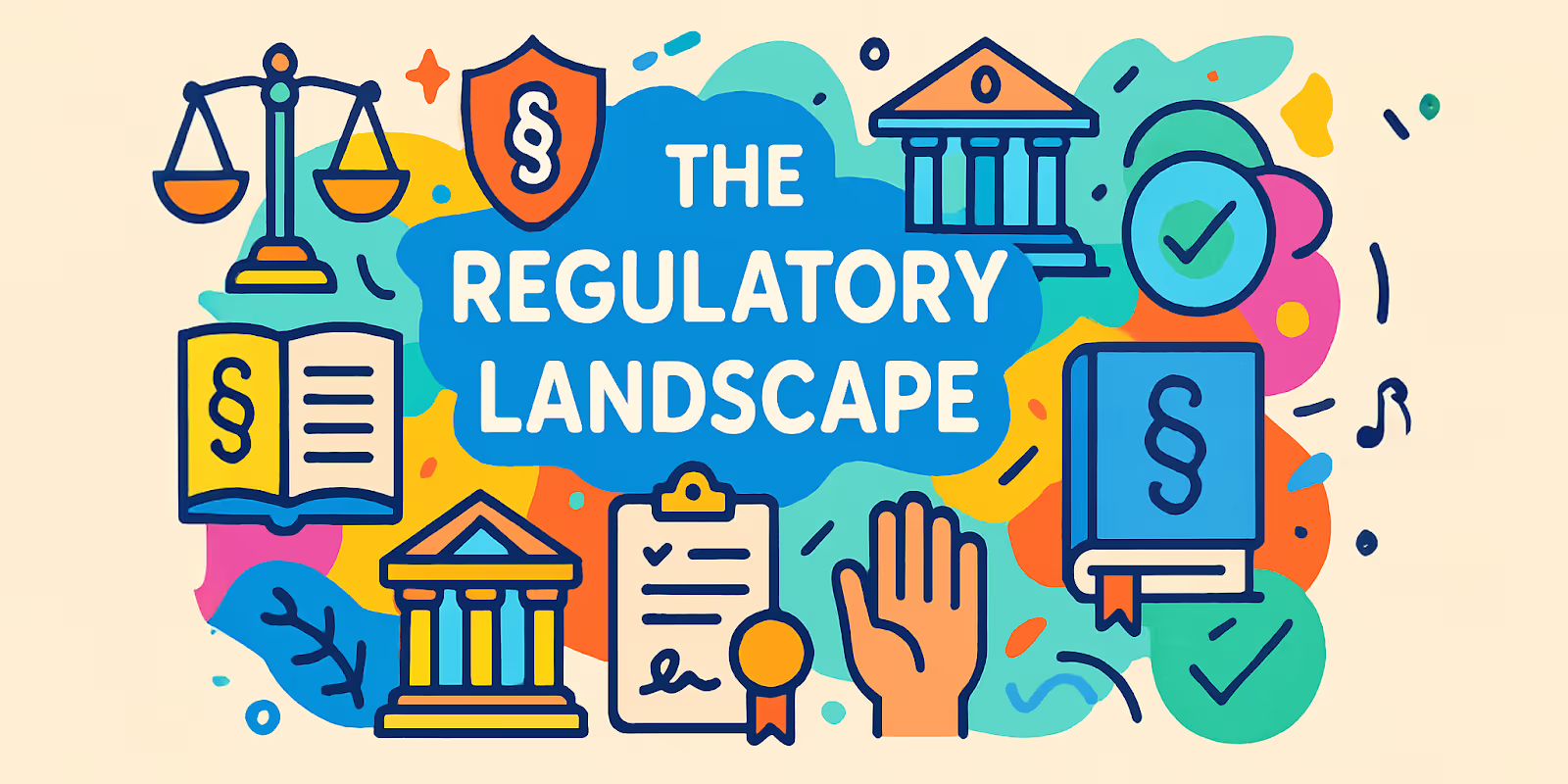
Gaming regulators worldwide are already addressing quantum security requirements. The EU's General Data Protection Regulation (GDPR), the UK Gaming Commission's technical standards, and the Malta Gaming Authority's guidelines are evolving to mandate quantum-resistant security measures Failure to meet these emerging standards could result in severe penalties and license revocations.
The U.S. federal government has accelerated quantum security initiatives through presidential directives and NIST standardization efforts. The Quantum Computing Cybersecurity Preparedness Act requires federal systems to transition to quantum-resistant cryptography, setting a precedent that will likely extend to regulated industries like gaming.
International organizations including the World Economic Forum and the OECD are developing policy frameworks for responsible quantum innovation. These guidelines emphasize the need for proactive security measures rather than reactive responses to quantum threats.
Strategic Implementation Timeline

Industry experts recommend that iGaming operators begin their quantum transition immediately, even though large-scale quantum computers may still be 5-10 years away. The migration process typically requires 2-5 years to complete, meaning organizations that start now will be prepared when quantum threats become critical.
The implementation should follow a phased approach. First, conduct comprehensive audits of current cryptographic systems to identify vulnerabilities and prioritize upgrades. Second, implement hybrid solutions that combine classical encryption with quantum-resistant algorithms. Third, deploy QRNGs for critical randomness generation. Finally, ensure all systems maintain crypto-agility for future algorithm updates.
Microsoft's Azure Quantum Ready program exemplifies the type of strategic planning needed. The program provides business leaders with tools to build practical quantum applications, invest in strategic skills development, embrace quantum safety, and prepare for scale. Similar structured approaches are essential for iGaming operators navigating this transition.
Economic Implications and Competitive Advantage
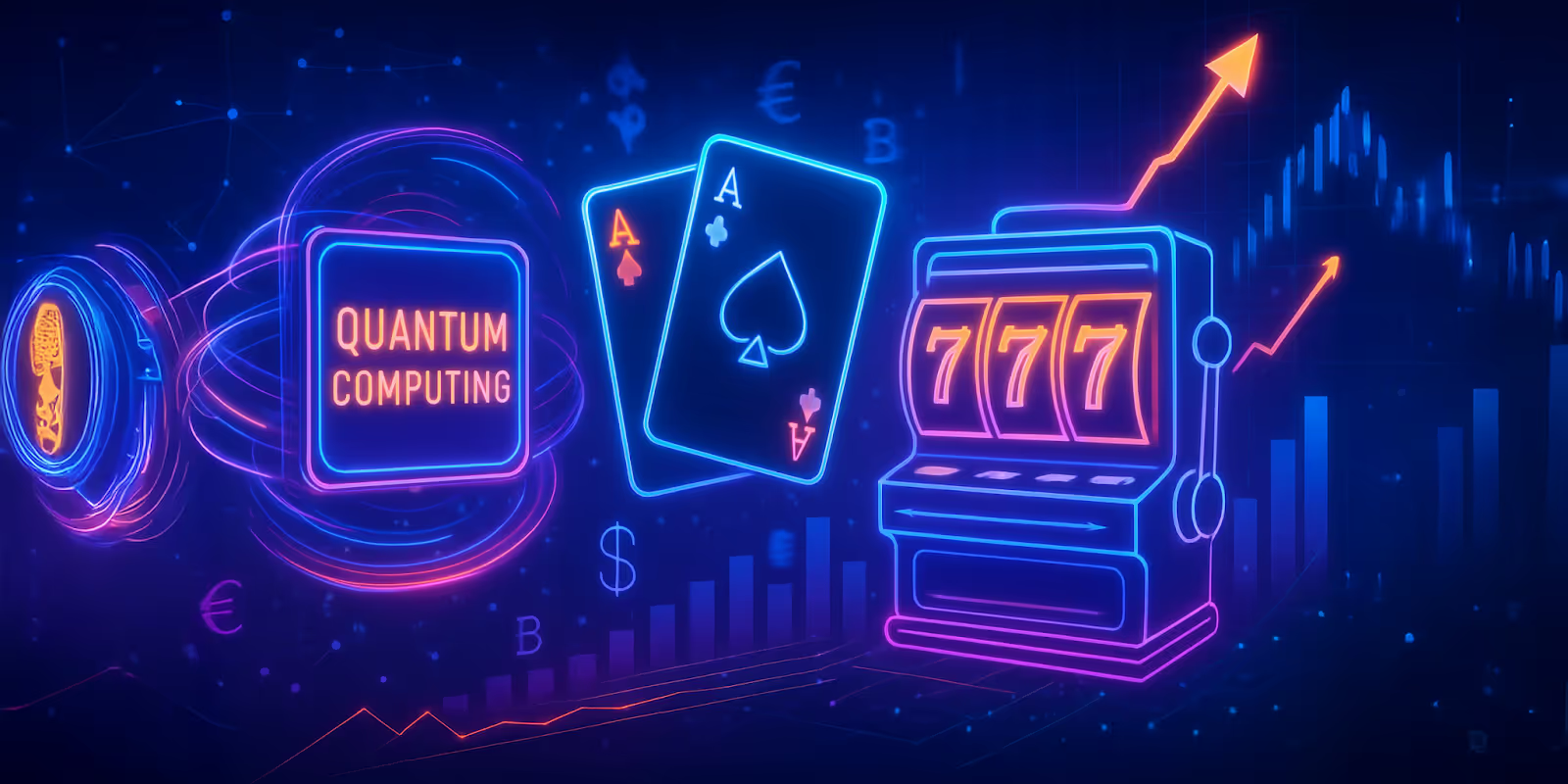
The quantum computing market is projected to reach $50 billion by 2030, with the three core pillars of quantum technology potentially generating up to $97 billion in revenue by 2035. iGaming operators who invest early in quantum-ready infrastructure will capture significant competitive advantages.
Early adopters report measurable benefits from quantum preparation initiatives. Enhanced security reduces compliance costs and regulatory risk. Improved randomness quality strengthens player trust and retention. Future-proofed infrastructure avoids costly emergency upgrades when quantum threats become critical.
The investment in quantum readiness also positions companies for broader technological evolution. Quantum-ready infrastructure demonstrates maturity and forward-thinking that attracts investors, partners, and high-value customers. It also prepares organizations to leverage quantum computing advantages as the technology becomes more accessible.
A New Era of iGaming Security

The convergence of quantum computing and iGaming represents more than a security upgrade – it's the foundation for a new era of digital entertainment. Quantum-ready platforms will offer levels of fairness, security, and performance that fundamentally change player expectations and industry standards.
The technology allows for innovations that were previously impossible. Quantum-powered game mechanics, quantum-verified fairness protocols, and quantum-secured player data create opportunities for entirely new gaming experiences. Platforms that embrace these capabilities early will define the future of the industry.
About Smartico.ai: The Future-Ready Platform
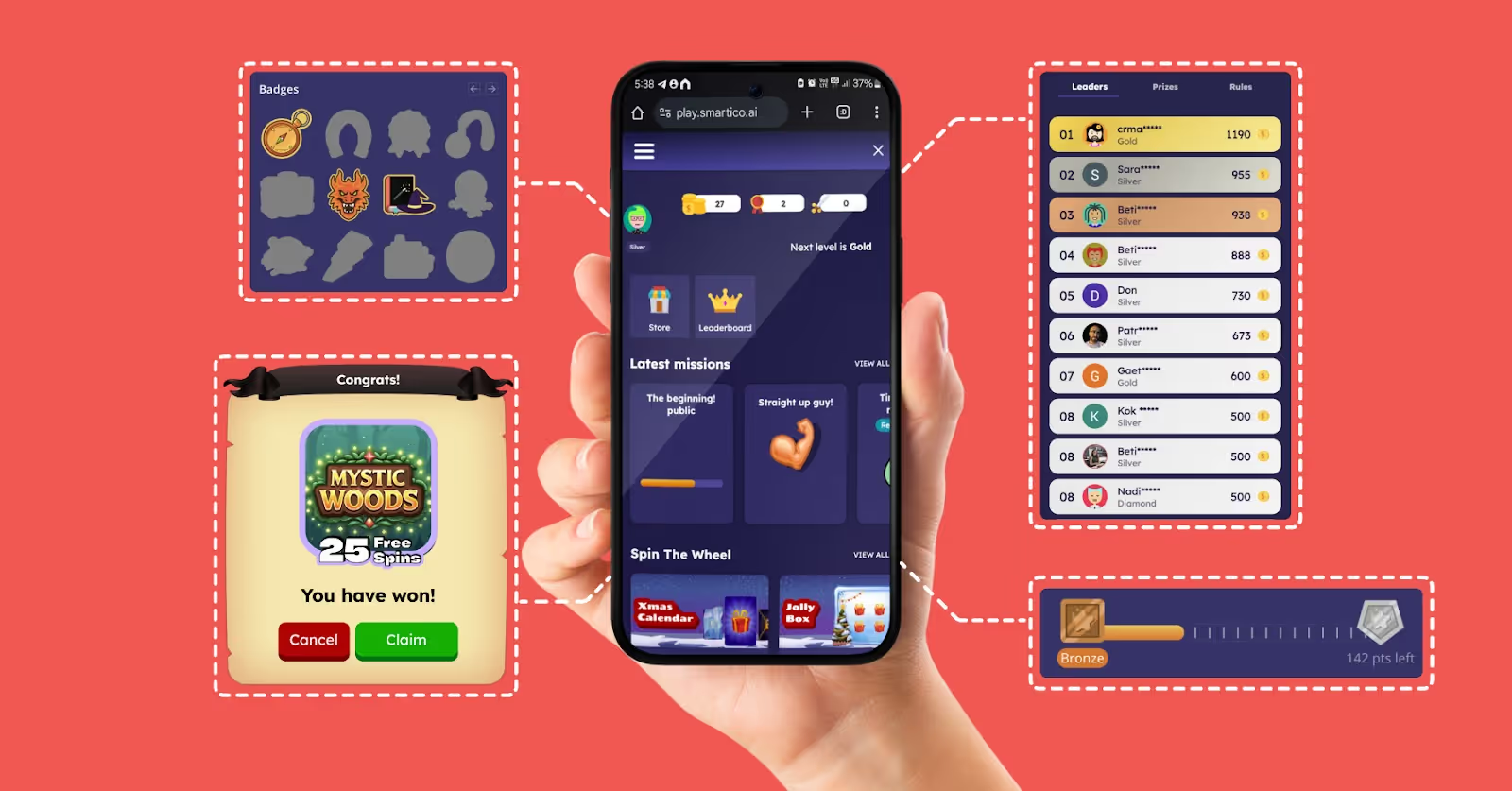
As iGaming operators navigate the quantum transition, they need partners who understand both current requirements and future possibilities. Smartico.ai stands uniquely positioned as the first and leading unified Gamification / CRM Automation software in history.
Smartico combines CRM automation and gamification in a single, real-time platform designed specifically for iGaming. The system handles unlimited brands without extra costs, provides AI-driven player predictions, and integrates smoothly with any gaming platform or provider. Most importantly, Smartico's architecture is built for the future, with agile design principles that support the most high-end security standards.
The platform's unified approach eliminates the complexity of managing separate systems. The unified architecture reduces implementation time, minimizes operational overhead, and ensures consistent security across all gaming operations.
Smartico's dedicated Success Managers provide expert guidance throughout the client’s journey. From initial security audits to full implementation, the team supports operators with hands-on expertise and practical insights. This partnership approach ensures that operators don't just implement the latest tech – they master it.
Request a demo of Smartico.ai below to find out how the industry's leading unified platform can prepare your operation for the future while delivering superior player engagement today.
{{cta-banner}}
FAQ
- What makes quantum random number generators more secure than traditional RNGs?
Quantum RNGs generate true randomness based on quantum mechanical processes rather than mathematical algorithms. While traditional RNGs produce predictable sequences that quantum computers could potentially crack, quantum randomness is fundamentally unpredictable and cannot be reverse-engineered. - How long do iGaming operators have to prepare for quantum threats?
Experts estimate that cryptographically relevant quantum computers will emerge within 5-10 years, but the migration to quantum-safe systems typically takes 2-5 years to complete. Organizations should begin their quantum readiness journey immediately to avoid emergency upgrades when threats become critical. - Will quantum-ready infrastructure impact gaming performance?
Modern quantum technologies actually improve performance while enhancing security. QRNGs generate random numbers faster than traditional systems, and optimized quantum-safe algorithms minimize performance impact. The result is better security without compromising player experience. - What regulatory requirements exist for quantum-ready gaming systems?
Gaming regulators worldwide are developing quantum security standards based on NIST post-quantum cryptography guidelines. While specific requirements vary by jurisdiction, the trend toward mandatory quantum-safe measures is clear across major gaming markets. - How much does it cost to implement quantum-ready gaming infrastructure?
Implementation costs vary based on system complexity and current infrastructure, but the investment is significantly less than emergency upgrades during a security crisis. Most operators find that phased implementation spreads costs over time while providing immediate security benefits.
Did you find this article helpful? If so, consider sharing it with other industry professionals such as yourself.
Ready to use Smartico?
Join hundreds of businesses worldwide engaging players with Smartico.










